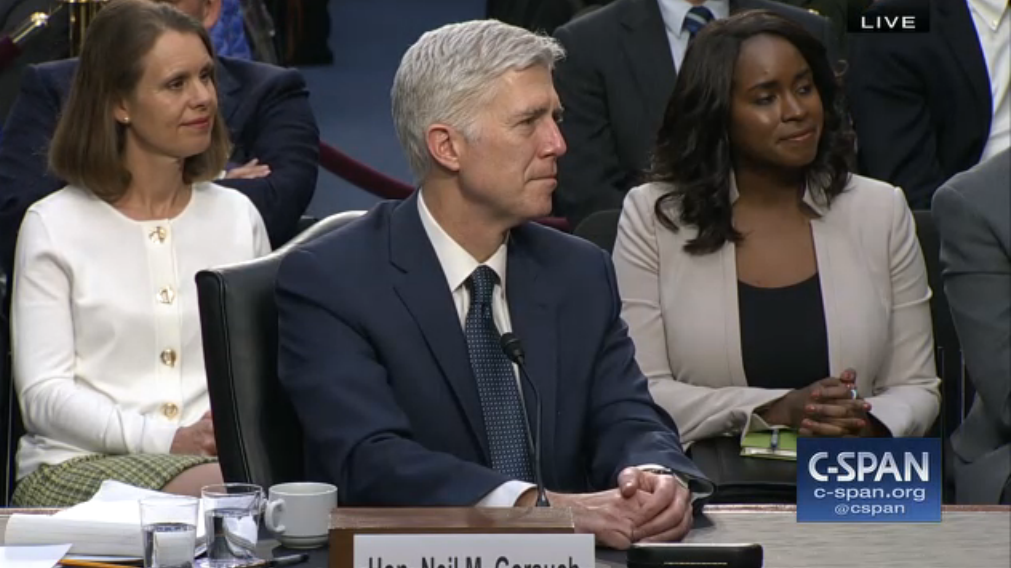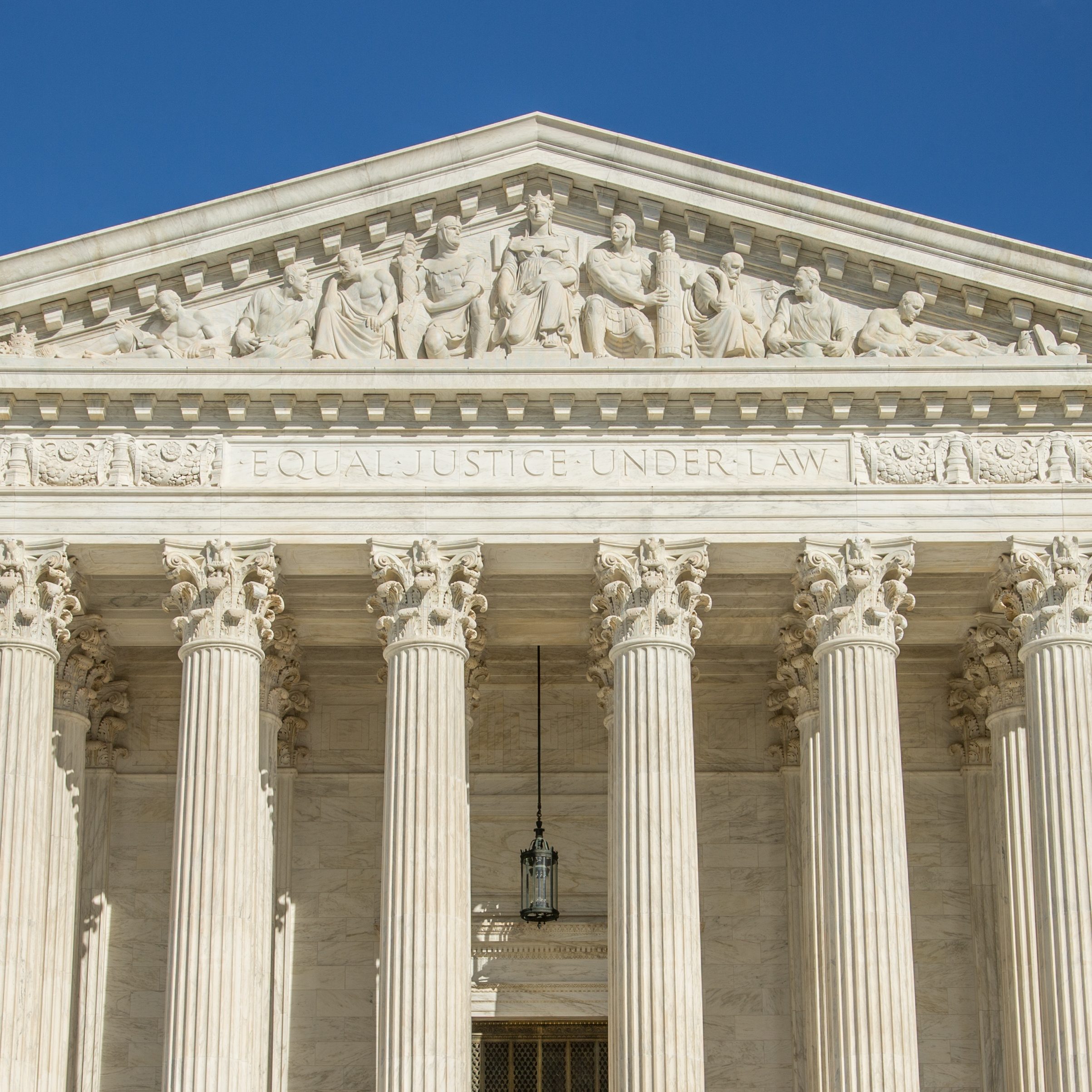Abortion rights, women of color, and LGBTQIA+ people are under attack. Pledge to join us in fighting for gender justice.
Senate Judiciary Committee Approves Judge Gorsuch: What’s Next

 Today, the Senate Judiciary Committee voted on a party-line vote to advance the nomination of Judge Neil Gorsuch to the full Senate. Republicans on the Committee uniformly approved the nominee despite the fact that Judge Gorsuch failed to address key legal questions both at his hearing and in responses to written questions. They further seemed undeterred by the fact that Judge Gorsuch’s record clearly demonstrates that his approach to the law favors corporations, employers, and powerful entities and harms the individuals who rely on the law for protection. The record shows that Judge Gorsuch’s approach routinely disadvantages women, whether by ruling that corporations are “persons” that can hold religious beliefs and that those religious beliefs can deny women birth control coverage, espousing an approach to antidiscrimination laws that curtails protections for women against their employers, or threatening other critically important advances for women and girls at school, at work, in health care and beyond. Senators voting against the nomination cited particular areas of concern in their statements, including Judge Gorsuch’s vote and concurring opinion in the Hobby Lobby case.
Today, the Senate Judiciary Committee voted on a party-line vote to advance the nomination of Judge Neil Gorsuch to the full Senate. Republicans on the Committee uniformly approved the nominee despite the fact that Judge Gorsuch failed to address key legal questions both at his hearing and in responses to written questions. They further seemed undeterred by the fact that Judge Gorsuch’s record clearly demonstrates that his approach to the law favors corporations, employers, and powerful entities and harms the individuals who rely on the law for protection. The record shows that Judge Gorsuch’s approach routinely disadvantages women, whether by ruling that corporations are “persons” that can hold religious beliefs and that those religious beliefs can deny women birth control coverage, espousing an approach to antidiscrimination laws that curtails protections for women against their employers, or threatening other critically important advances for women and girls at school, at work, in health care and beyond. Senators voting against the nomination cited particular areas of concern in their statements, including Judge Gorsuch’s vote and concurring opinion in the Hobby Lobby case.
What happens now? Majority Leader Mitch McConnell is expected to file a cloture petition tomorrow, setting up a cloture vote on Thursday. Sixty senators are required to vote for cloture, in order for the Senate to proceed to a confirmation vote. Historically, Supreme Court nominees have been required to clear at least 60 votes to proceed to a final vote. The 60-vote threshold signals that the nominee is open-minded, committed to fairness, and independent. If, as is expected, the cloture vote falls short, the Republican majority leader has threatened to change the Senate rules, to lower the threshold to proceed to a final vote to a mere majority, of 50.
If Judge Gorsuch can’t muster 60 votes, the answer is not changing the rules in the middle of the game. For a lifetime seat on the nation’s highest court, the stakes are too high. The country needs a Supreme Court justice who respects core constitutional values of liberty, equality, and justice for all, and who respects laws designed to protect individuals against unfair and harmful actions by employers, educational institutions, and other powerful forces. If Judge Gorsuch can’t muster 60 votes on Thursday, the answer is not changing the rules – it’s changing the nominee.




